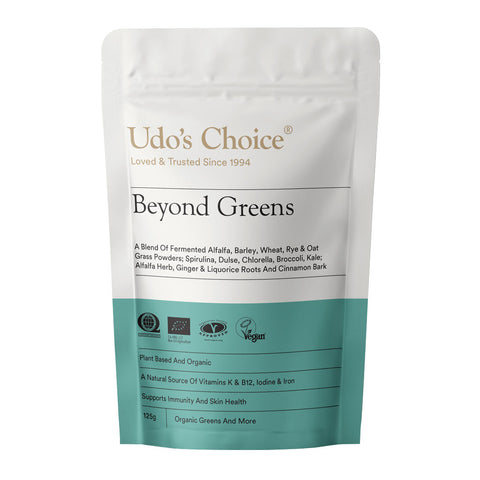For health professionals of all types, vitamin D deficiency is firmly on the winter agenda. The body makes vitamin D when the skin is directly exposed to the sun, that is why it is often called the "sunshine" vitamin.
Most people meet at least some of their vitamin D needs this way but as the nights draw in, it can be a challenge as skin that is exposed to sunshine indoors through a window will not produce vitamin D. Cloudy days, shade, and having dark-coloured skin also cut down on the amount of vitamin D the skin makes.
The problem is magnified by the fact that dietary sources are uncommon. Natural levels are found in oily fish and some fortified foods such as some dairy products but it’s nigh on impossible to get what we need from food alone.
Adequate levels of vitamin D are also thought to be a mood-booster for those prone to SAD, seasonal affective disorder, which is often written and talked about as our daylight hours shorten.
Symptoms of SAD include depression, sleep problems, lethargy, over eating and anxiety. It is caused by a biochemical imbalance in the hypothalamus due to the shortening of daylight hours and the lack of sunlight. Vitamin D deficiency can be tested by your G.P. but signs include tiredness and feeling achy.
Personally, my vitamin D strategy includes taking a sunshine break in winter (a great excuse!) and supplementing from October through to springtime. Even better, if the weather is not too bad, it's the perfect time of year to start running outdoors. You’ll work off any stodgy food, boost natural vitamin D levels and get fitter at the same time.
Other nutritional considerations for winter include giving your body that extra buffer if your immune system is at a low ebb. This can be done in many ways but keeping it simple works best - adding a scoop of powdered greens such as Udo’s Choice Beyond Greens in your daily smoothie is ideal.
It’s worth remembering that like all chemicals, nutrients can interact with one another. Iron inhibits zinc absorption, zinc inhibits copper absorption, vitamin E can interfere with the action of vitamin K, and so on and so forth. Supplementing a diet therefore requires a bit more thought you might realise. If you are under medical care or have a pre-existing condition, checking with your doctor is important before starting any supplement regime too.
Other good seasonal boosts can come from garlic’s antibacterial and natural anti-biotic properties and zinc, which plays an important role in wound healing and building our immunity. It is often taken at the onset of a cold or flu and is often said to shorten the duration of the condition.
Consuming garlic is self-explanatory whereas a handful of nuts and seeds scattered on a salad, stir-fry or used as a snack brings can boost zinc levels. Both are readily available in supplement form too.
Essentials:
- Consider ways to boost your vitamin D levels
- Add in a nutritional buffer to boost your natural immunity
- Udo’s Choice Beyond Greens is a perfect addition to your daily smoothie



